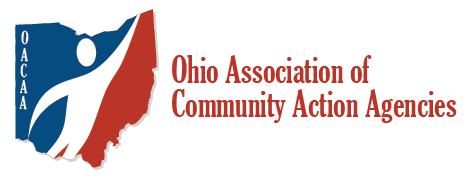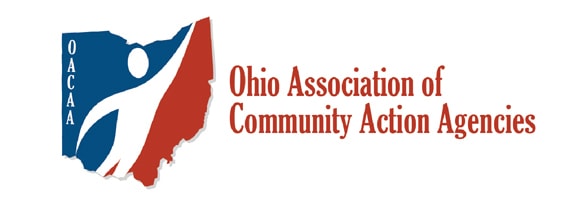How do you tell your story? Why is the work that you do relevant and worthy of funding? These are questions that all non-profits ask to be more sustainable and worthy of funding to provide programs and services to their community. By tracking and measuring data, each organization can have a better understanding of the populations they serve and how to serve them, as well as help to identify areas to improve their reach and the efficiency of their programs. We all do this through our mandated Community Needs Assessments to receive CSBG funding. But, many Community Action Agencies struggle with collecting data and defining what should be tracked. As the non-profit world adopts a more data-driven model, is your agency ready? What opportunities are you missing out on to improve your program activities? A strong evaluation can help you answer these questions and more.
To determine an appropriate evaluation model, it is important first to understand its purpose and definition. Program evaluation is the process of delineating, obtaining, and providing useful information to describe and understand a program. Evaluations also provide data to assist in making judgments and decisions related to its operation. Also, evaluations can help identify the underlying mechanism or causal processes by which the outcomes of the programs are achieved; that is, understanding the “why” of the outcomes. To ensure that an evaluation will yield useful information, evaluators should determine the nature of the required information in the planning stages including Utility, Feasibility, Propriety and Accuracy. Examples from the Community Toolbox can be found here.
In short, the program evaluation process decides what information is useful, gathers that information, and facilitates the distribution and use by key audiences and stakeholders. The evaluation data is also an extremely effective tool to tell your story that will enhance the likelihood that the information will be a useful resource for others. The evaluation serves as an important tool allowing you to better understand why the program works, why it doesn’t, in what circumstances might it be expected to perform better, and why adjustments may make it more effective.
For help in developing your own program evaluation or revising a current evaluation method, contact OACAA or visit the Community Toolbox Website.
Anita Maldonado serves as an internal consultant (IC) for OACAA and is the chief operating officer for IMPACT Community Action in Franklin County. She also serves as an adjunct faculty at Kent State University and Franklin University. Anita has over nearly two decades of experience in social services field and working with nonprofit organizations managing budgets and programs in excess of $10million. She earned her master’s degree in public administration and holds a doctorate in higher education administration from Kent State University. Anita specializes in trainings including strategic planning, program assessment, research and evaluations, board training and Bridges Out of Poverty.

